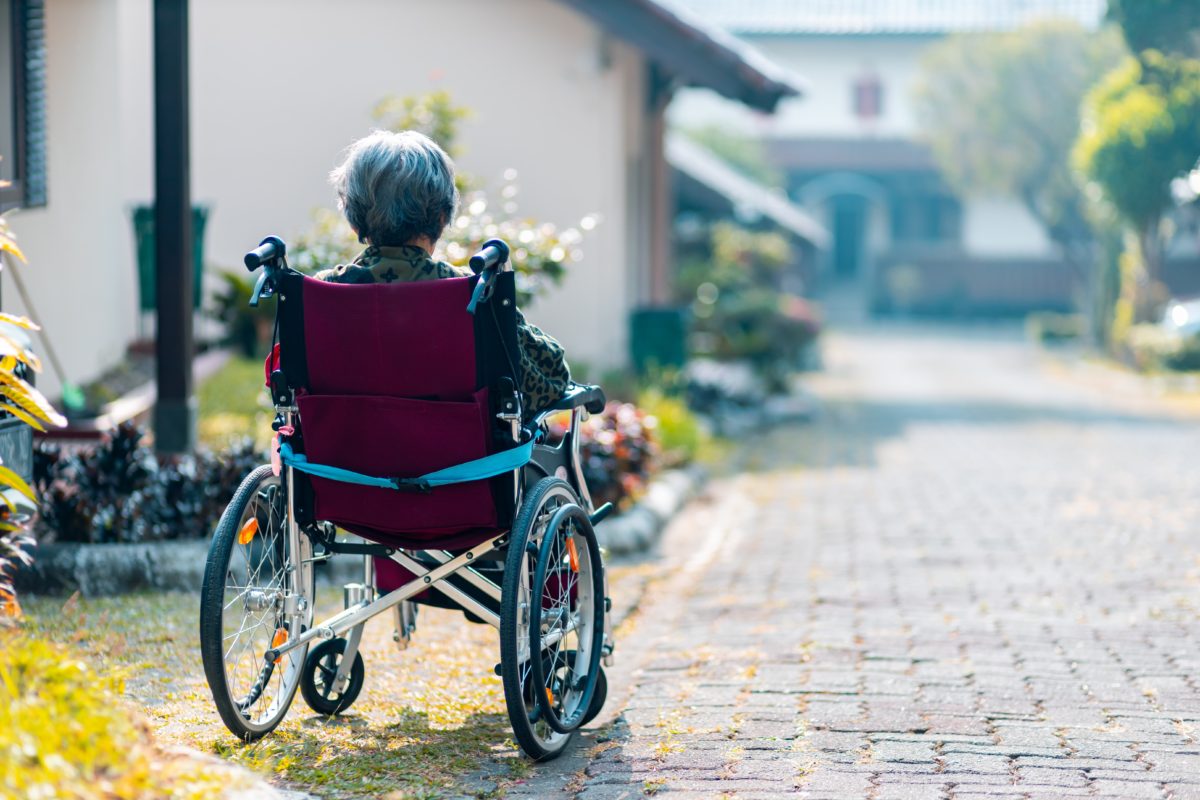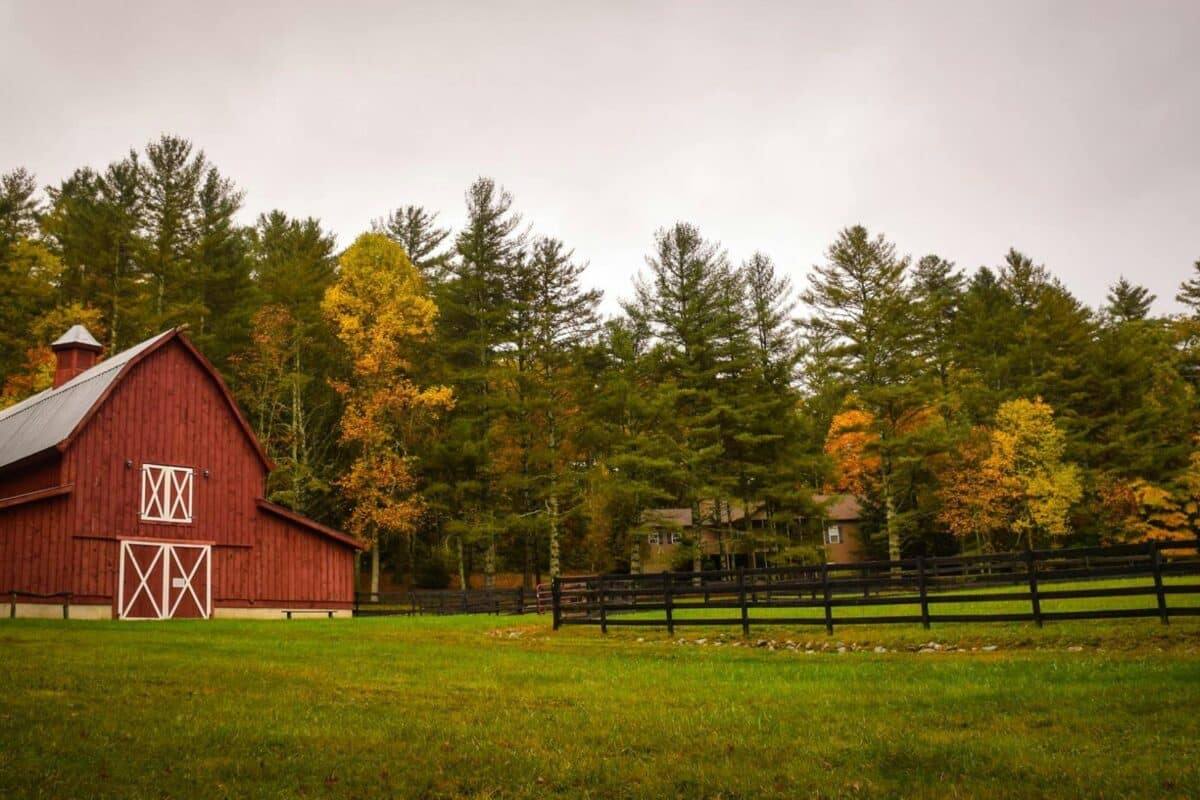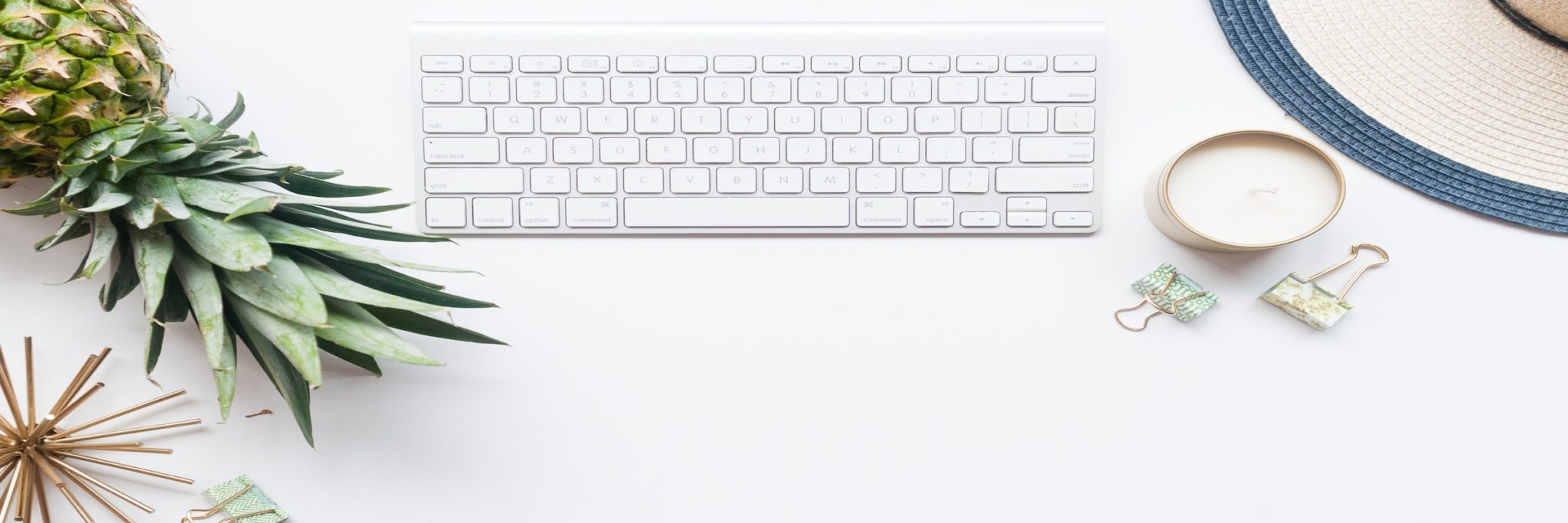Growing frail in my old age and being unable to take care of myself are not options for me. I am a solitary creature. I will never be able to rely on someone else to help me if I am unable to care for myself. I need to stay healthy, sharp, strong, and self-sufficient throughout my lifetime. I need to become a SuperAger.
SuperAgers are older people who have the physical or mental capabilities of their decades-younger counterparts. Famous SuperAgers include Anna Mary Robertson Moses (Grandma Moses), who started painting when she was 76, James Parkinson, who identified the eponymous disease at age 62, Karl Lagerfeld, who was 82 when he became Chanel’s head designer, and mountain climber Enzo Appiano, who was still scaling Alpine peaks well into his 90s.
SuperAging is for everyone
SuperAging is not a luxury afforded only to the affluent. Ordinary people who dare to live extraordinary lives and continuously venture outside their comfort zones are SuperAging their way through life. At 60, my friend Shannon Daily is a competitive pole sport athlete who is winning pole and aerial hoop competitions in the U.S. and Europe, competing against performers half her age. Eighty-year-old Jack O’Malley is still teaching college psychology courses and walking at least five miles a day.
Practically anyone can become a SuperAger.
The key is to start now. It is never too early—or late—to create the lifestyle habits you need to age with vitality. To do this, you must be willing to take on new challenges.
Beginning in September I will post weekly articles about SuperAging. We’ll address the process holistically. We’ll look at your physical, mental, emotional, and spiritual wellbeing. We’ll discuss financial and recreational health. We’ll talk about travel, books, TV, maybe even politics (in a broad, nonpartisan way). We’ll explore how nature and pets and volunteerism help create SuperAgers.
I can’t guarantee you lifelong health and happiness if you follow this blog and practice its tips. But I can promise you will dramatically increase your odds of SuperAging if you join me on this journey.
Even if you’re surrounded by family and know for certain you will never have to rely on yourself in old age, SuperAging is the way to go. Wouldn’t you rather spend your 90s enjoying life with your brain power and mobility working at optimum levels?
If growing old and still having a fun, vibrant, rewarding life interests you, welcome to the Age of SuperAging.
SuperAging Research—Cognitive SuperAgers
SuperAging is not a new thing. Researchers have been studying SuperAgers for nearly 10 years. In one study of 81 healthy adults—40 of whom were 60 to 80 years old and 41 of whom were 18 to 35—participants were read a list of 16 nouns six times. Twenty minutes later, they were asked to recall as many of the words as possible. While 23 of the older participants recalled nine or fewer words, a score considered average for their age group, 17 seniors—the SuperAgers—remembered 14 words or more, a score equal to that of the younger group.
The study participants also underwent MRIs. Researchers found that the SuperAgers’ brains were physically different from those who had normal-for-their-age memory test scores[1]. SuperAgers showed less cell loss in the regions of the brain that are involved in regulating memory, emotion, language, stress, and internal organs.
Lest you get the wrong idea, it’s important to note that intelligence and education have nothing to do with SuperAging. All study participants had similar IQs and academic backgrounds. Researchers believe lifestyle, not genes, creates SuperAgers. Older folks with younger brains seem to be more willing to move out of their comfort zones and embrace new challenges. SuperAgers never stop learning.
Physical SuperAgers
Physical SuperAgers are those people you hear of who are doing amazing things well into their 70s, 80s, and 90s. They climb Mt. Everest and run marathons, they’re able to stretch their legs behind their heads in yoga class. They move their own furniture and mow their own lawns. While on average, people lose 10% of their aerobic capacity every decade after age 30, SuperAgers flout physical conventions. Studies have shown that people in their 80s who exercise at high intensity for 20 to 45 minutes daily have an aerobic capacity of people who are decades younger.
I worry about aging. I spend a lot of time with my mom, who is 87 years old. She’s still intellectually sharp, but her body has broken down to the point where she can take only a few steps before becoming winded. She has to take breaks while getting dressed. She’s in nearly constant pain. Seeing my mom terrifies me.
I won’t have someone like me to help me when I’m old. I have to help myself. Embracing the Age of SuperAging is my only option.
[1] What does it take to be a super-ager? Harvard Health Publishing, May 1, 2017.



